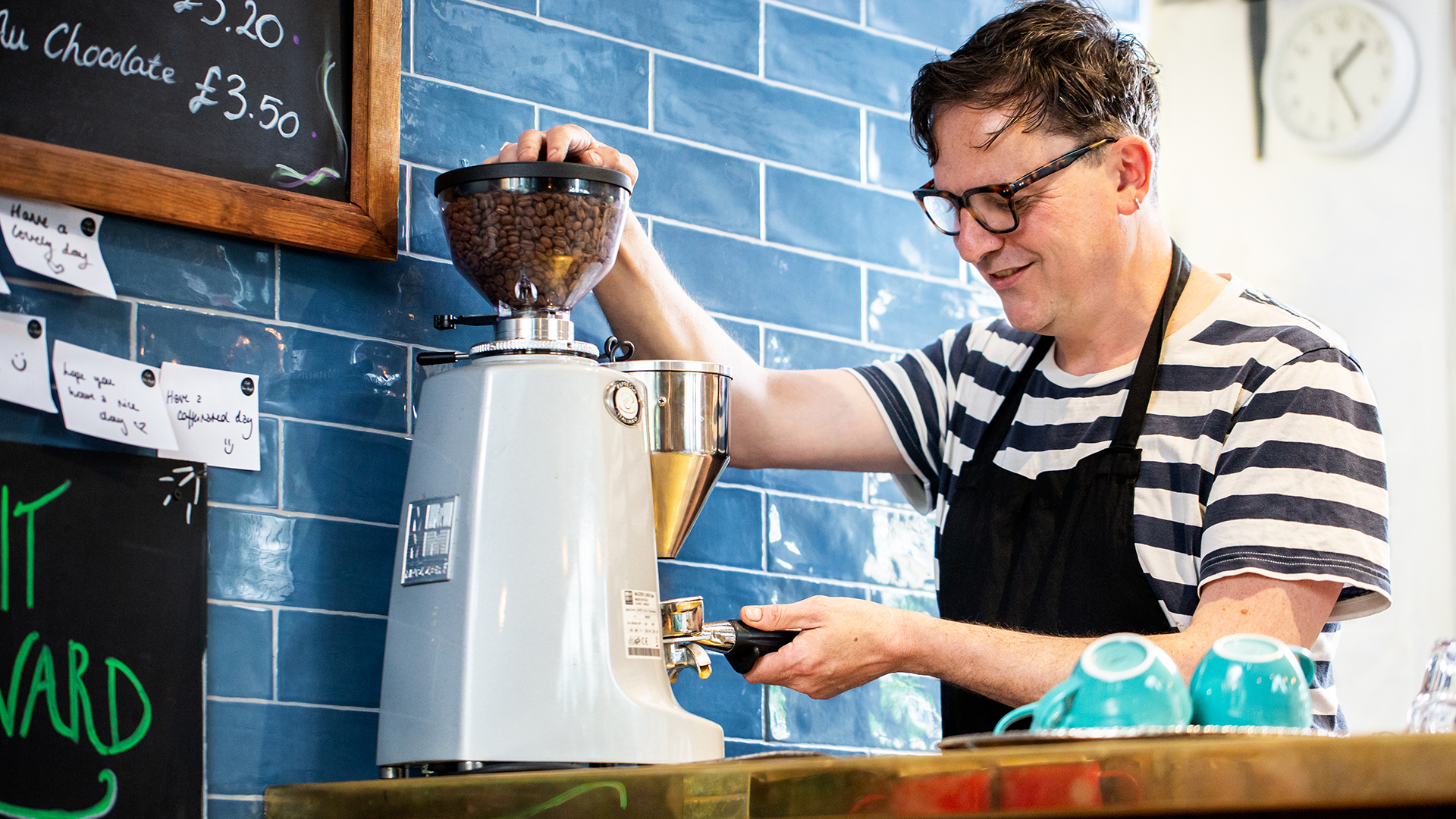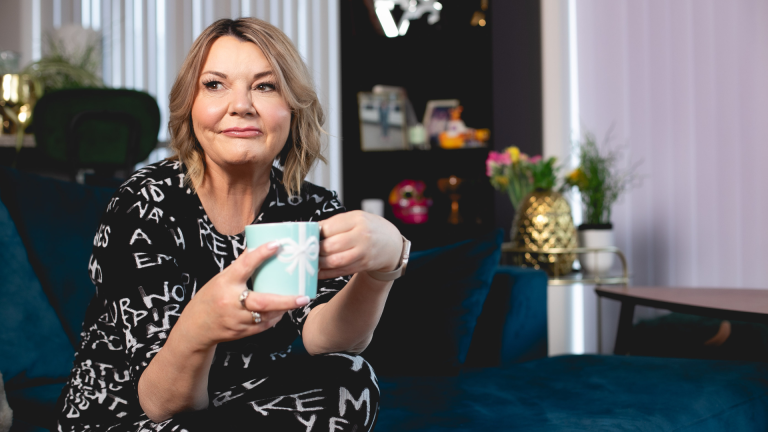So many people do not know about Big Issue Invest. They know about our work on the streets and with homeless people, but they don’t know that about 20 years ago The Big Issue created an investment business. But if you had read your Financial Times last week you would have seen Big Issue Invest closing the first part of one of its funds. Fund IV is for social investment in businesses “creating impact in the housing, care and social infrastructure sectors”.
John Gilligan, who sits on Big Issue Invest’s fund management board, says potential investments range from inner city nurseries to affordable housing and hospices that help communities work better.
And the money for such investments comes from banks, trusts and businesses, as well as through Big Society Capital, an investment fund set up by a previous government – not from street sales of our magazine.
Get the latest news and insight into how the Big Issue magazine is made by signing up for the Inside Big Issue newsletter
The idea is that Big Issue grows into the community and becomes more useful to all and sundry, and through such support can begin to head off the causes of homelessness: poor wages, poor health, poor family support, poor education etc. Preventing homelessness needs to be addressed in society as a whole, and Big Issue Invest is an arm of Big Issue Group as it tries to slay the dragon of poverty.
Over the last 20 years Big Issue Invest has invested in over 500 social businesses to help people gain a better hold on life. And help prevent homelessness in the lives of many.
What’s so interesting to me is how it underlines the PECC method that I have been keeping foremost in my mind for a few decades. PECC means Prevention, Emergency, Coping, and Cure. Interventions by government or charities can be measured by this simple tool: does the investment or project PREVENT poverty? Or does it respond to the EMERGENCY of poverty, when it happens? Or does it help people COPE in poverty, help support them to manage better while remaining in poverty? Or does it CURE poverty?











